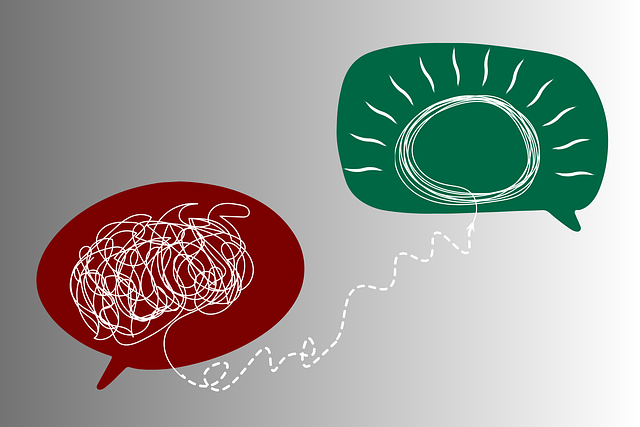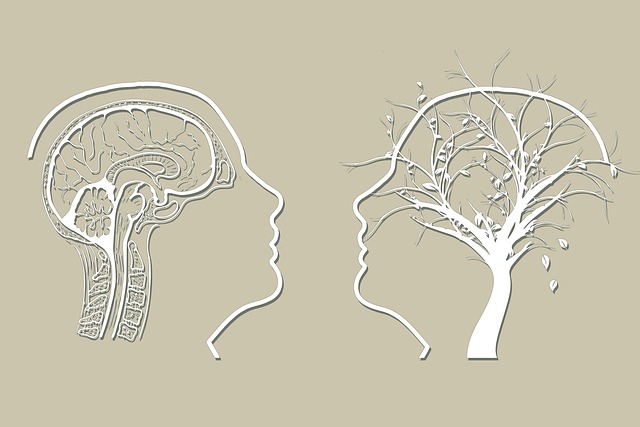Northglenn Bipolar Disorder Therapy focuses on integrated treatment for co-occurring mental health conditions, particularly bipolar disorder, and substance abuse. By recognizing self-medication as a common coping mechanism, the program employs comprehensive risk assessments and strategies like cognitive-behavioral therapy (CBT), mindfulness techniques, and emotional well-being promotion to prevent and mitigate substance misuse. This holistic approach aims to reduce risks, improve mental wellness, and foster stability for individuals dealing with bipolar disorder and substance abuse in Northglenn.
Substance abuse poses significant risks to individuals and communities, impacting mental health, physical well-being, and overall quality of life. This article explores comprehensive risk reduction strategies for mitigating the dangers associated with substance misuse. We delve into the understanding of substance abuse, its underlying causes, and potential consequences. Furthermore, we highlight Northglenn Bipolar Disorder Therapy as a specialized intervention tailored to address complex mental health challenges. By employing evidence-based approaches, this therapy offers hope and support for those seeking recovery.
- Understanding Substance Abuse and Its Risks
- Strategies for Risk Reduction: A Comprehensive Approach
- Northglenn Bipolar Disorder Therapy: A Specialized Intervention
Understanding Substance Abuse and Its Risks

Substance abuse is a complex issue that goes beyond mere indulgence in recreational drugs or alcohol. It’s rooted in a myriad of factors, including underlying mental health conditions like bipolar disorder, which can lead to self-medication as a coping mechanism. Northglenn Bipolar Disorder Therapy highlights the interconnectedness between these disorders and substance abuse, emphasizing the need for integrated treatment approaches.
Understanding these risks involves recognizing that substance abuse not only harms physical health but also significantly impacts mental well-being. A comprehensive risk assessment for mental health professionals is crucial to identifying individuals at risk and implementing strategies such as emotional well-being promotion techniques to foster self-esteem improvement and prevent or mitigate substance abuse.
Strategies for Risk Reduction: A Comprehensive Approach

Risk reduction strategies for substance abuse require a comprehensive approach that addresses the complex nature of addiction. For individuals struggling with bipolar disorder in Northglenn, therapy plays a pivotal role in managing symptoms and mitigating risks associated with substance misuse. Cognitive-behavioral therapy (CBT), for instance, equips clients with coping mechanisms to regulate moods and make healthier choices.
Integrating self-care practices alongside therapy is another effective tactic. The Mental Wellness Podcast Series Production offers valuable resources and guidance on implementing journaling exercises and mindfulness techniques. By prioritizing mental wellness through these activities, individuals can enhance their resilience against cravings and triggers. Such proactive measures, combined with professional support, create a robust framework for sustained recovery and improved quality of life.
Northglenn Bipolar Disorder Therapy: A Specialized Intervention

In the fight against substance abuse, specialized interventions play a pivotal role in addressing co-occurring mental health disorders like bipolar disorder. Northglenn Bipolar Disorder Therapy offers a tailored approach to support individuals grappling with this complex condition. This form of therapy recognizes that managing bipolar disorder effectively is crucial for mitigating the risk of substance misuse and vice versa. By focusing on the unique needs of each patient, therapists employ evidence-based strategies to enhance mental wellness.
The program incorporates techniques such as mindfulness meditation and self-awareness exercises, empowering individuals to gain control over their moods and impulses. These practices enable clients to develop coping mechanisms that promote stability and reduce the likelihood of relying on substances for emotional regulation. Through Northglenn Bipolar Disorder Therapy, participants can embark on a journey towards holistic healing, fostering improved mental health and overall well-being.
In conclusion, addressing substance abuse requires a multifaceted strategy. Understanding the risks associated with substance misuse is the first step towards change. Implementing comprehensive risk reduction strategies, such as those discussed in this article, can significantly mitigate harm. For specialized care, Northglenn Bipolar Disorder Therapy offers hope and support, demonstrating that tailored interventions are key to successful recovery. By combining education, prevention, and personalized treatment options, we can foster healthier communities and improve lives affected by substance abuse.









